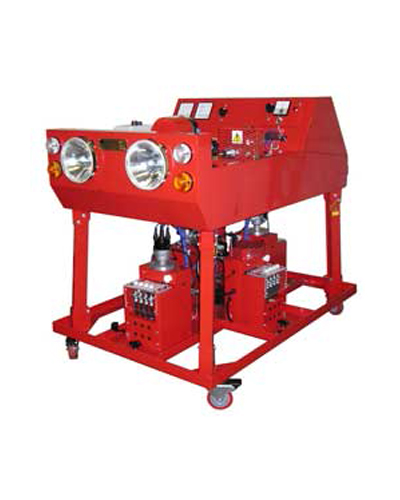- +91-9971077233, +91-9821041467
- labequipments.in@gmail.com
- ENG

This trainer should be designed to teach students principles of Engine Management used in modern vehicle through comprehensive practical activities. The activities include fundamentals of fuel system electronics, transducers, Engine Control Unit, actuators, emission control, self diagnosis and trouble codes.
The trainer should be neatly laid out to represent the typical automobile engine with sensors actuators, fuel system, ignition system, emission system and engine control unit. The unit should contains a circuit board with electronics components and micro-controller systems, system diagrams, power supply, electrical test leads, and student experiment manual presented in hard copy and pdf format.
The experiment exercise starts with relevant theory of engine management systems and proceed to practical activities using the circuit board, multimeter and oscilloscope for observation, measurement and troubleshooting. Multimeter and oscilloscope is as an optional item. Manual provided, must clearly show the following educational Objectives are met.
Circuit Board Features:
Exhaust gas analyzer and OBDII diagnostic with LCD display, knock sensor, intake air temperature sensor, throttle position sensor, coolant temperature sensor, O2 sensor, MAP sensor, canister purge solenoid, ignition coils, spark plug indicators, fuel injectors indicators, camshaft sensor, crankshaft sensor, idle air valve, EGR solenoid, Engine Control Unit, Ignition switch, engine speed indicator.
Accessories:
Experiment manual.
Power cord.
Include Additional Items:
Computer Aided Instruction software which should be compatible with Class Room Management System. The CAI contains theory, presentation, workshop job-sheet and student activities with assessment questions.
Digital Multimeter